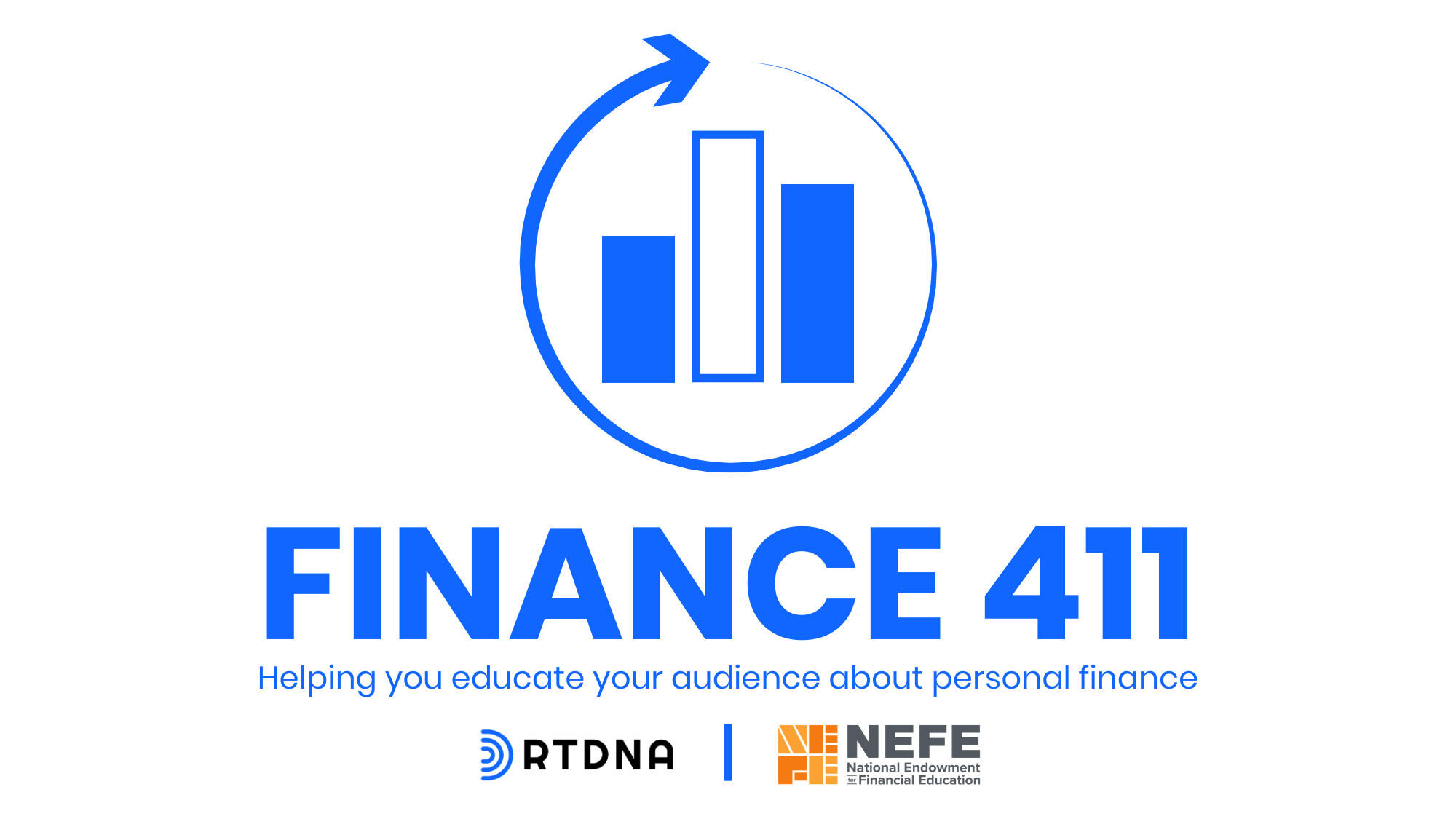Money Matters: Tax season's over, right? Wrong!

Some stories are regular functions of the calendar, cropping up every year around the same time. By June we’re no longer talking taxes. But should we be? The IRS federal income tax filing deadline may be passed, but that doesn’t mean an end to tax stories until next April.
Here are some stories your newsroom can cover, for tax procrastinators and planners alike.
Adjusting withholding
The updated rules of the new tax laws are now in place, which will likely affect 2018 tax bills. Certainly, no one’s paying (or being reimbursed for overpaying) that bill until April 2019, but there are some things people can do now to prepare. The biggest: double check, and adjust if necessary, the withholding taken from each paycheck. Too much withholding means getting more back next April, while not withholding enough means a bigger bill later. The IRS offers a free tool to check withholding, which can be adjusted any time by submitting a W-2 an employer.
Where’s the refund?
Expecting a refund that still hasn’t arrived? It’s not quite time to panic yet. The IRS states it issues 90% of refunds within 21 days of filing – but that applies specifically to online filers who request direct deposit, the quickest methods of closing the tax book. The IRS “Where’s My Refund” site doesn’t even offer refund status for mailed paper returns until four weeks after they’re filed. But what should tax filers do if they’re still waiting long after those milestones? It’s worth a look for your audience.
Filed an extension?
Asking the IRS for more time to file is fairly easy to do, but those who did so are not off the hook- and they may not realize it. Anyone who requested an extension, generally granted automatically, now has until October 15 to file. However, an extension only provides more time to file tax returns; it does not provide an extension on the tax payment deadline. So filers who requested extensions on their returns, but owe the IRS, could be accruing penalties and interest, a rude awakening for those who may not yet realize they owe. What can filers who are still working on their taxes do to avoid additional fees? This is a quick consumer story that could save your audience some serious cash!
Couldn’t pay?
The unfortunate few who didn’t file in time, didn’t request an extension and didn’t pay the taxes owed haven’t done themselves any favors. Those who filed but weren’t able to pay some or all of a tax bill are actually in a much better position; the penalty for failing to pay is only about a tenth of the penalty for failing to file a return or extension altogether. They’re not home free either, but have more options available. The IRS does offer various payment plans, though there can be fees associated with applying and, in extreme cases, may settle tax debt for less than the original bill. If you didn’t know about these options, chances are your audience doesn’t either!
Weekly Money Matters personal finance content for your newsroom is sponsored by the National Endowment for Financial Education.
